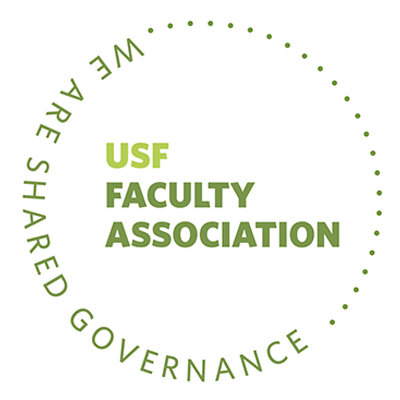
From the SONHP
Inclusivity Committee
Message from the School of Nursing and Health Professions Inclusivity Committee
Dear Colleagues,
I’m writing to you today because our institution has chosen to celebrate one of the most prominent and important African American holidays, Juneteenth. Choosing to recognize this day is only the beginning, much like the marches that were inspired by the death of George Floyd are only the beginning of what some are calling the second wave of the civil rights movement. This is a time of immense change and tumult. Not only is this a time for progression with the Black Lives Matter movement, it is also a time where there is a great deal of backlash and misinformation. The incumbent presidential nominee is choosing to hold his first post-pandemic campaign rally near the location of one of the most atrocious racially motivated crimes in American history: Tulsa, Oklahoma. Anti-Black racism is a uniquely American issue, and it is rooted in American history. As health care workers we are not divorced from the history of this nation. In fact, as health care workers we must do what we are most simply called to: care.
Juneteenth is a day of celebration specifically for the Black community but is significant to all those who live in the United States or identify as Americans. It’s important to know what this day represents, rather than observing it purely as a day off. We are in a moment where America’s history is being examined critically in a way it has not been before, and this has inspired many organizations to recognize this holiday for the first time. Today, June 19th (Juneteenth) was the date of the emancipation for enslaved people in the deep south who were not untethered by the Emancipation Proclamation, which was signed Jan 1, 1863. It is worth noting that slavery outside of the United States had been abolished long before (British Colonies 1833, France 1794, Portugal 1761). In spite of the international shift away from the Atlantic Slave trade, the southern states succeeded in preserving slavery. When the Civil War ended in 1865, many enslaved people’s labor continued to be exploited through violence or lack of information until Union soldiers arrived to announce and enforce their freedom. On June 19th, 1865, enslaved people in Galveston, Texas gained their freedom. They were the final enslaved people to be emancipated more than two years after the Emancipation Proclamation; this is why we celebrate.
Can you imagine 250 years and 4 million people’s trauma and experience being unaccounted for and how it haunts this nation? As P.R. Lockhart aptly stated, “In many ways Juneteenth represents how freedom and justice in the United States has always been delayed for Black people”(Vox). Today you can use Juneteenth as an opportunity to attempt to understand the Civil War and slavery from the perspective of enslaved people. This day commemorates the experience of slavery and freedom. Celebrating it provides this country the opportunity to acknowledge descendants of over 4 million enslaved people: the trauma, disparities, triumphs, and resilience. This holiday is an opportunity to inspire change and engage in meaningful discussions around the legacy of slavery in America.
Juneteenth is typically a day of celebration for the Black community. This year, many protests are planned across the country as well. We on the Inclusivity Committee think it is important to make space for Black people to observe this holiday in whichever way feels fit - whether that be by celebration, self-care, or protest. Allies, we call on you to use today to take action or to further educate yourself about systemic racism and anti-racist approaches to dismantle it.
In solidarity,
Amanda Long and The Inclusivity Committee
usfca.inclusivity@gmail.com
P.S. If you are looking for more information, here is a video that further explains Juneteenth.
